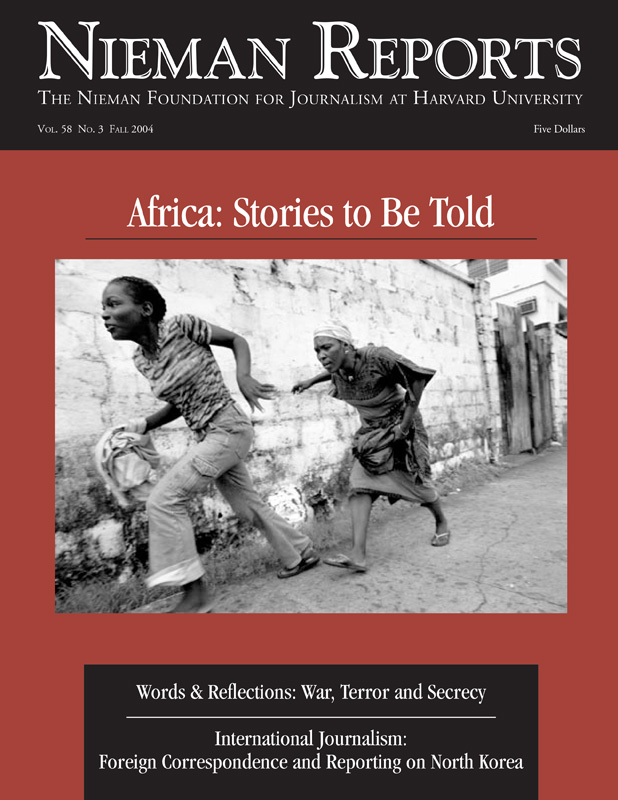Since the fatwa was issued in 1989 against Indian-born author Salman Rushdie, writers from five continents have been convened each year by Car-refour des Littératures in Strasbourg, France to discuss how to respond to increasing outbursts of intolerance. In July 1993, after the assassination of the writer Tahar Djaout in Algeria, Carrefour des Littératures gathered petition signatures from more than 300 writers in support of creating a new structure capable of organizing aid for persecuted writers. This marked the birth of the International Parliament of Writers (IPW).
Among IPW’s goals was the creation of a worldwide network of cities of asylum, as well as working against threats to the freedom of intellectual creation by investigating cases of censure and researching its new forms. In February 1994, the organization established an executive board made up of seven writers, including Rushdie, who was elected its first president. Rushdie drafted a Declaration of Independence to serve as the IPW’s charter.
In 1995, the European Charter of Cities of Asylum was adopted by the Council of Europe and approved by the European Parliament. This charter specifies the legal and institutional framework for providing asylum to writers. According to this agreement, the Cities of Asylum members host for one to two years an author proposed by the IPW with an apartment and a monthly grant provided to the authors in residence. These conditions enable writers to resume their activities in safe surroundings and work conditions and to participate in the cultural life of the host city. It also gives them time to think about a more permanent solution to their situation.
In 2003, IPW decided to dissolve itself and be replaced by the International Network of Cities of Asylum (INCA). Today about 34 cities and regions are part of this worldwide network, including Amsterdam, Tilburg, Frankfurt, Oslo, Coimbra and Barcelona in Europe; Ithaca, New York and Las Vegas in the United States, and Lagos, Nigeria in Africa. This program has enabled the IPW to host authors from Afghanistan, Algeria, Burma, China, Cuba, Iran, Nigeria, Uzbekistan, Vietnam and Zimbabwe.
After forming the Cities of Asylum Network, IPW created two new tools for spreading its message: an international journal published simultaneously in eight different languages and a multilingual and multimedia Web site (www.autodafe.org). Its goal is to disseminate censored literary works that give voice to people who have been silenced and to cultures that are fading and to languages in danger of disappearing.
Among IPW’s goals was the creation of a worldwide network of cities of asylum, as well as working against threats to the freedom of intellectual creation by investigating cases of censure and researching its new forms. In February 1994, the organization established an executive board made up of seven writers, including Rushdie, who was elected its first president. Rushdie drafted a Declaration of Independence to serve as the IPW’s charter.
In 1995, the European Charter of Cities of Asylum was adopted by the Council of Europe and approved by the European Parliament. This charter specifies the legal and institutional framework for providing asylum to writers. According to this agreement, the Cities of Asylum members host for one to two years an author proposed by the IPW with an apartment and a monthly grant provided to the authors in residence. These conditions enable writers to resume their activities in safe surroundings and work conditions and to participate in the cultural life of the host city. It also gives them time to think about a more permanent solution to their situation.
In 2003, IPW decided to dissolve itself and be replaced by the International Network of Cities of Asylum (INCA). Today about 34 cities and regions are part of this worldwide network, including Amsterdam, Tilburg, Frankfurt, Oslo, Coimbra and Barcelona in Europe; Ithaca, New York and Las Vegas in the United States, and Lagos, Nigeria in Africa. This program has enabled the IPW to host authors from Afghanistan, Algeria, Burma, China, Cuba, Iran, Nigeria, Uzbekistan, Vietnam and Zimbabwe.
After forming the Cities of Asylum Network, IPW created two new tools for spreading its message: an international journal published simultaneously in eight different languages and a multilingual and multimedia Web site (www.autodafe.org). Its goal is to disseminate censored literary works that give voice to people who have been silenced and to cultures that are fading and to languages in danger of disappearing.



